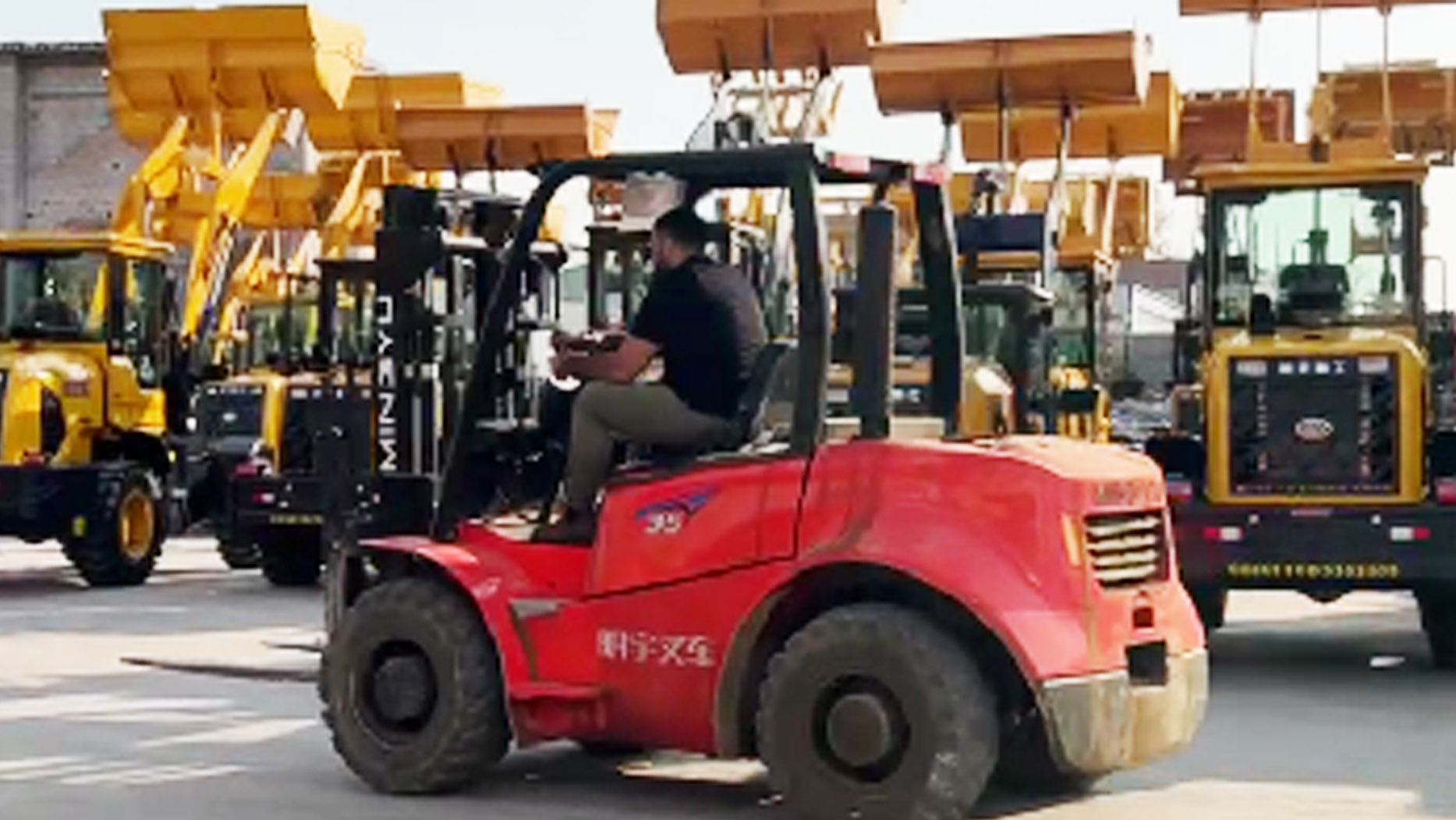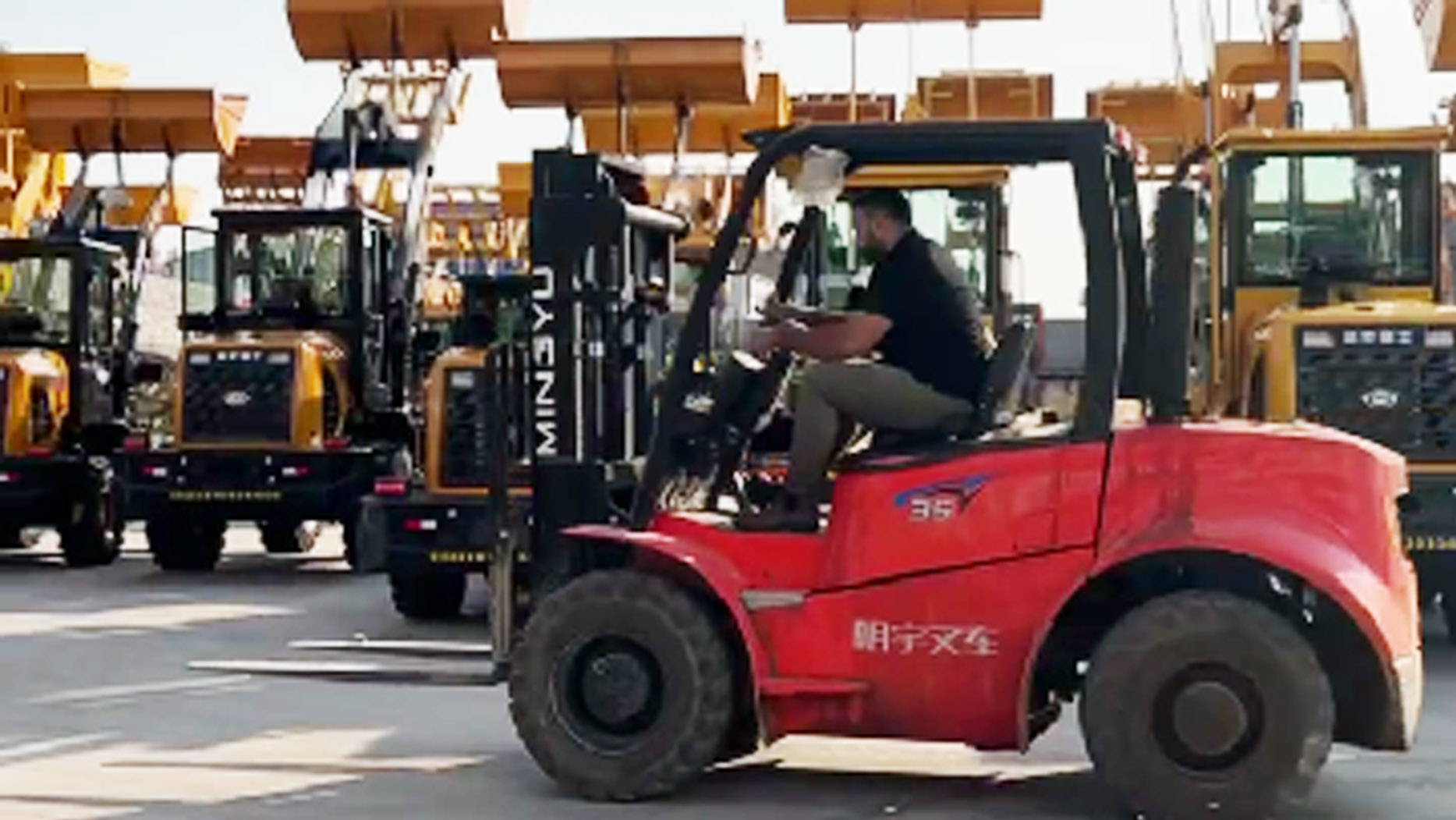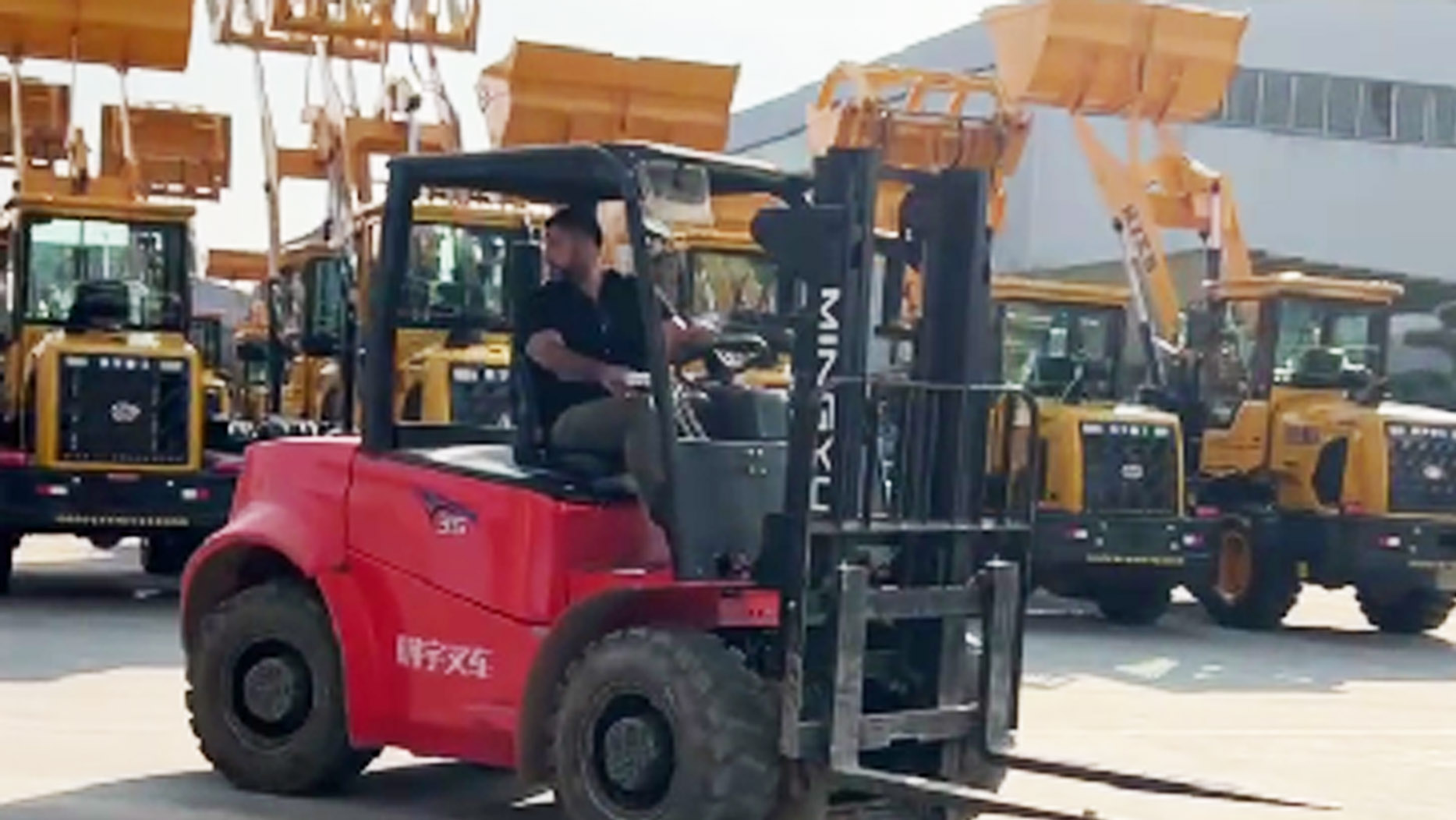Introduction
Diesel engines are widely used in various applications, including automobiles, heavy machinery, generators, and marine vessels. They are known for their efficiency, durability, and ability to handle high loads. However, like all mechanical systems, they can experience issues that lead to stalling.
When a diesel engine stalls, it can be a frustrating and potentially costly issue. Unlike gasoline engines, diesel engines rely on compression ignition, which means they require a steady supply of clean fuel and air to function properly. Identifying the root cause of a stall quickly can prevent further damage and downtime.
This article explores the first thing to check when a diesel engine stalls, as well as other potential causes and preventive maintenance tips to ensure smooth operation.
Understanding Diesel Engine Stalling
A diesel engine stall occurs when the engine suddenly stops running or fails to maintain idle speed. This can happen while driving, idling, or under load. Common symptoms of stalling include:
Loss of power before shutting down
Unusual noises before stopping
Difficulty restarting the engine
Warning lights on the dashboard (if applicable)
Understanding the reasons behind a stall is crucial to diagnosing the problem efficiently.
The First Thing to Check: Fuel Supply
The most common cause of a diesel engine stalling is an issue with the fuel supply. Diesel engines require a continuous and adequate flow of fuel to operate correctly. Here’s what you should check first:
Fuel Tank
Ensure there is enough fuel in the tank. Low fuel levels can cause air to enter the fuel lines, leading to stalling.
Check for contaminated or poor-quality fuel, which can clog filters and injectors.
Fuel Filter Blockage
A clogged fuel filter restricts fuel flow, causing the engine to stall.
Inspect and replace the fuel filter if necessary.
Fuel Lines and Leaks
Air entering the fuel system through leaks can disrupt engine function.
Check for cracked or loose fuel lines and repair them.
If fuel supply issues are ruled out, other potential causes should be investigated.
Other Common Causes of Diesel Engine Stalling
Air in the Fuel System
Diesel engines rely on a pressurized fuel system. Air bubbles can prevent proper fuel injection.
Bleeding the fuel system can remove air and restore function.
Faulty Fuel Injection System
Fuel injectors regulate the fuel-air mixture. Dirty or malfunctioning injectors can cause inconsistent performance.
Professional inspection and cleaning of injectors may be required.
Clogged or Malfunctioning Fuel Pump
The fuel pump delivers diesel to the engine. A weak or failing pump can result in inadequate fuel supply.
Listen for abnormal noises from the pump and test fuel pressure.
Water Contamination in Fuel
Water in the fuel can cause misfires and shutdowns.
Drain the water separator and use fuel additives to prevent water accumulation.
Blocked Air Intake or Exhaust System
Restricted airflow affects combustion efficiency.
Check air filters and exhaust pathways for blockages and clean or replace components as needed.
Electrical and Sensor Issues
Battery and Alternator Problems
A weak battery or faulty alternator can disrupt engine operation.
Test the battery voltage and charging system to ensure proper function.
Faulty Sensors
Diesel engines rely on sensors like the crankshaft position sensor and engine control unit (ECU) for precise operation.
Use a diagnostic tool to check for sensor faults and replace faulty components.
Preventative Maintenance to Avoid Diesel Engine Stalling
Preventing stalls is better than dealing with unexpected breakdowns. Follow these maintenance practices:
Regularly inspect the fuel system for leaks and blockages.
Replace fuel and air filters as per manufacturer recommendations.
Use high-quality diesel fuel and additives to reduce contamination.
Keep the battery and electrical system in good condition.
Perform periodic diagnostic checks to identify potential issues early.
Conclusion
A diesel engine stall can be caused by various factors, but the first thing to check is the fuel supply. Ensuring a clean and consistent flow of fuel is crucial to preventing unexpected shutdowns. If the fuel system is in good condition, other areas like the air intake, injectors, and electrical components should be examined.
Regular maintenance is the best way to prevent engine stalls and prolong the life of a diesel engine. By following proper diagnostic procedures and keeping up with routine inspections, diesel engine owners can avoid costly repairs and ensure reliable performance.
If your diesel engine continues to stall despite troubleshooting, seeking professional mechanical assistance is advisable to diagnose deeper underlying issues.
Post time:Apr.11.2025



